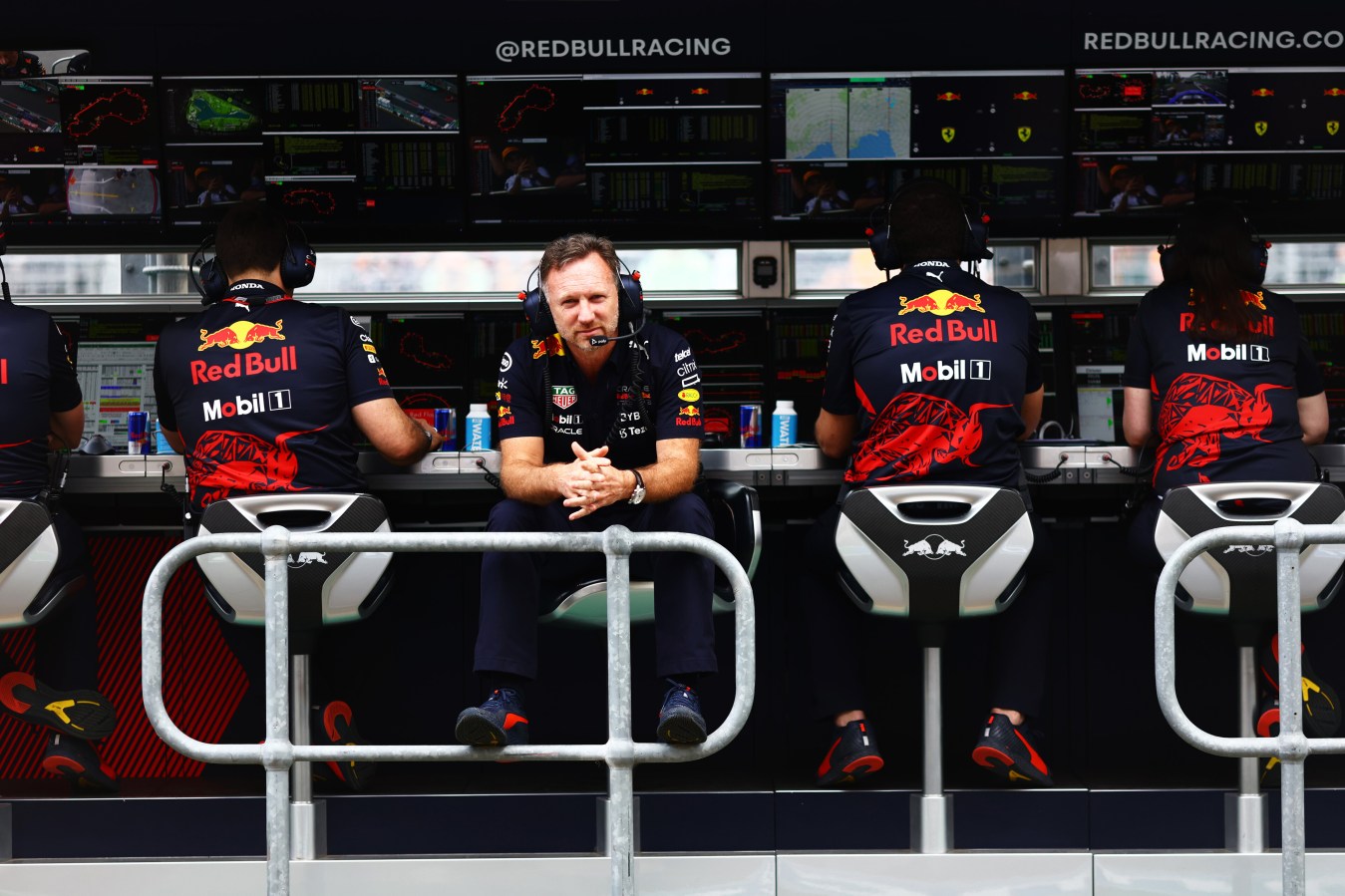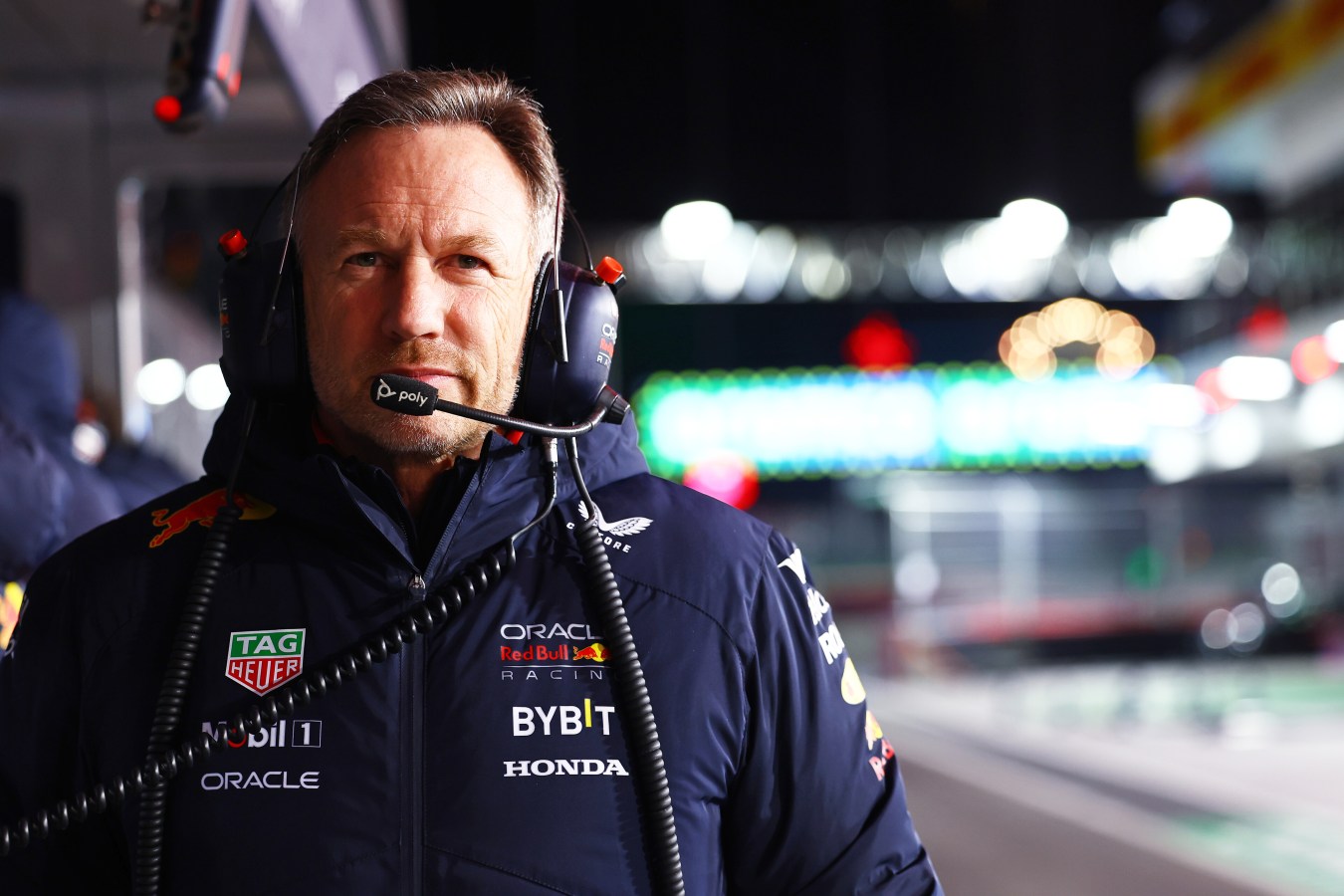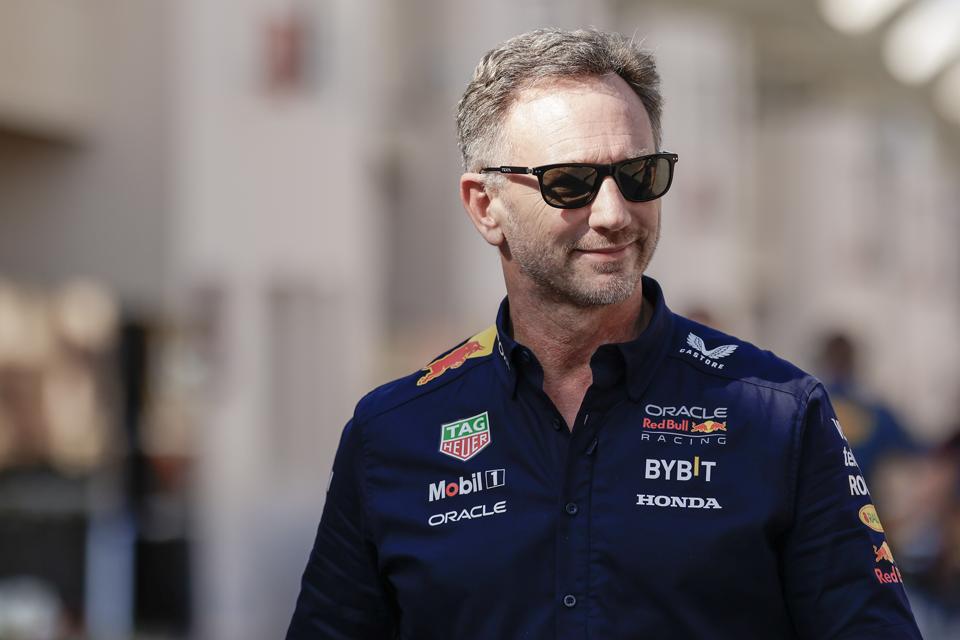Red Bull Racing has confirmed Christian Horner has been “released” from the role of team principal after 20 years at the helm.
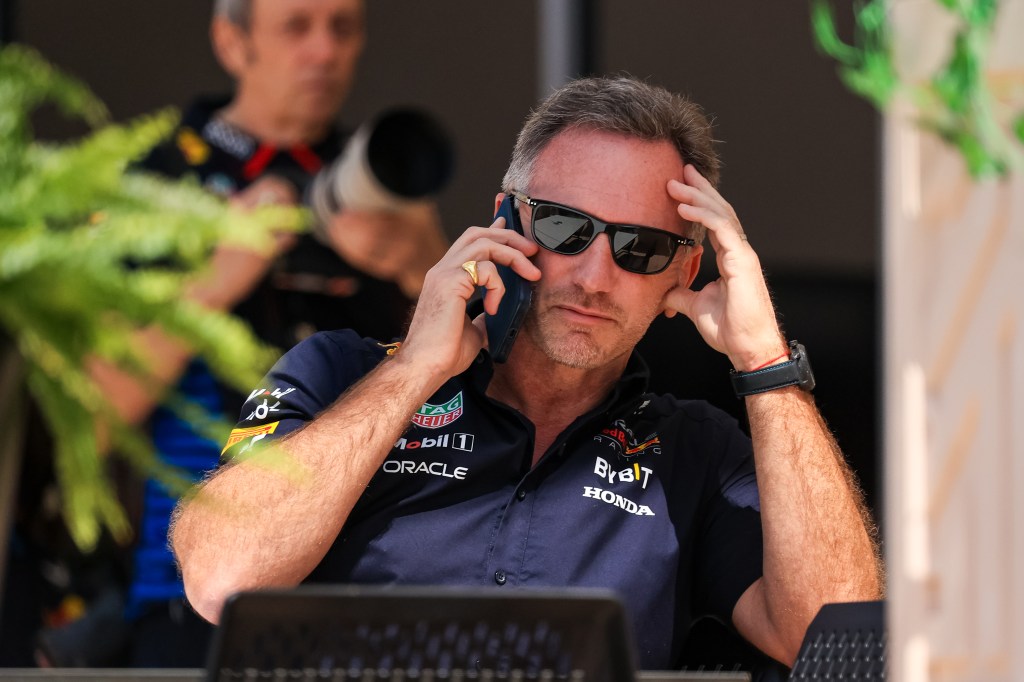
Horner, who has led the team for two decades and held both the CEO and team principal titles, will be replaced as CEO by Racing Bulls’ Laurent Mekies, with immediate effect.
“Red Bull has released Christian Horner from his operational duties with effect from today (Wednesday 9 July 2025) and has appointed Laurent Mekies as CEO of Red Bull Racing,” a statement sent to Forbes Australia reads.
Oliver Mintzlaff, the CEO of Red Bull Racing’s parent company Red Bull Group, confirmed the shakeup in a statement.
“We would like to thank Christian Horner for his exceptional work over the last 20 years,” says Mintzlaff.
“With his tireless commitment, experience, expertise and innovative thinking, he has been instrumental in establishing Red Bull Racing as one of the most successful and attractive teams in Formula 1. Thank you for everything, Christian, and you will forever remain an important part of our team history,” says Mintzlaff.
Current Racing Bulls Racing director Alan Permane is now Team Principal at that team, taking the position that Mekies vacated to move over to Red Bull Racing.
“Alan is the perfect man to take over now and continue our path. He knows the team inside out and has always been an important pillar of our early successes,” says Mekies.
Permane acknowledges the new team principal role at Racing Bulls will be a challenge.
“I feel very honoured to take on the role as Team Principal and would like to thank Oliver and Helmut [Marko, Red Bull advisor] for the trust they have shown in me,” says Permane.
Horner’s Red Bull Legacy
Horner leaves Red Bull as the team’s longest serving team principal, having served from 2005, and bringing the team 8 Drivers World Championships, 6 Constructors Championships, 124 wins, 107 pole positions and 287 podium finishes.
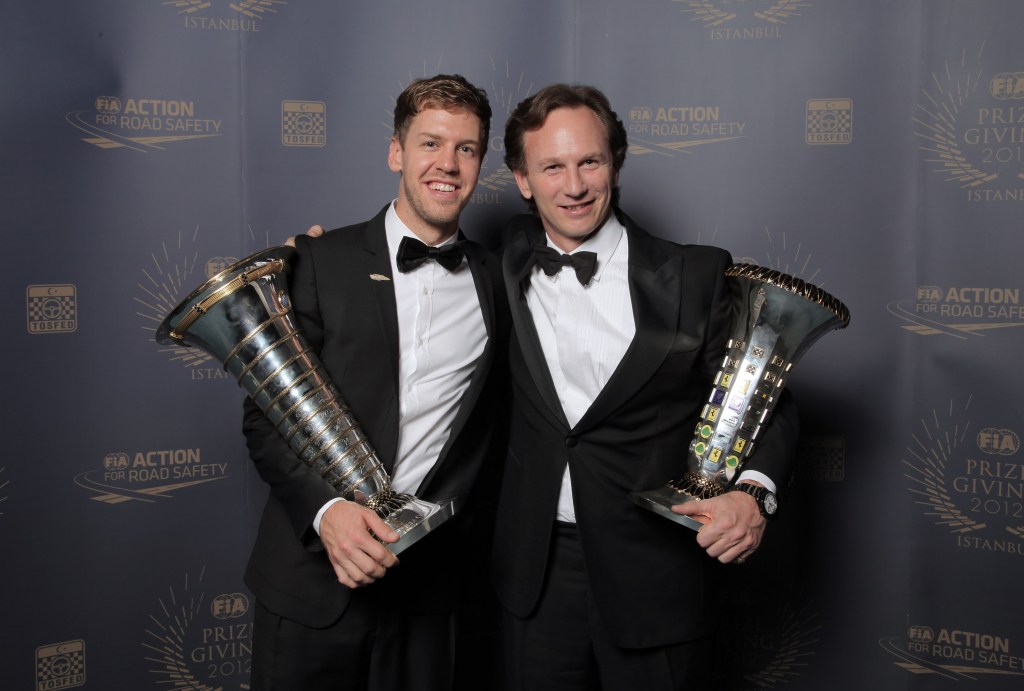
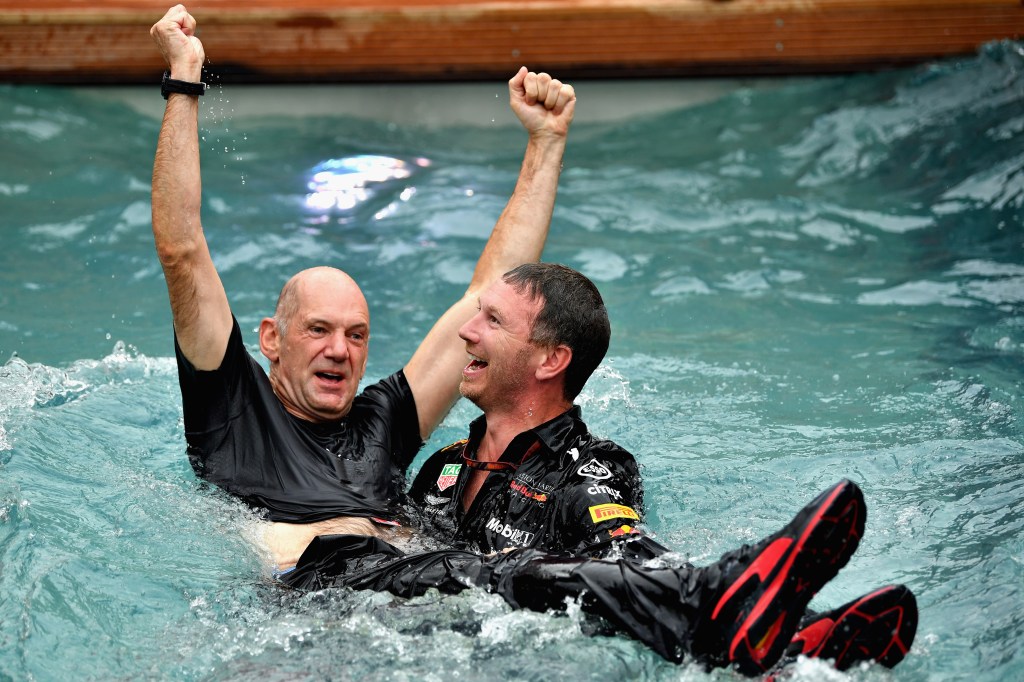
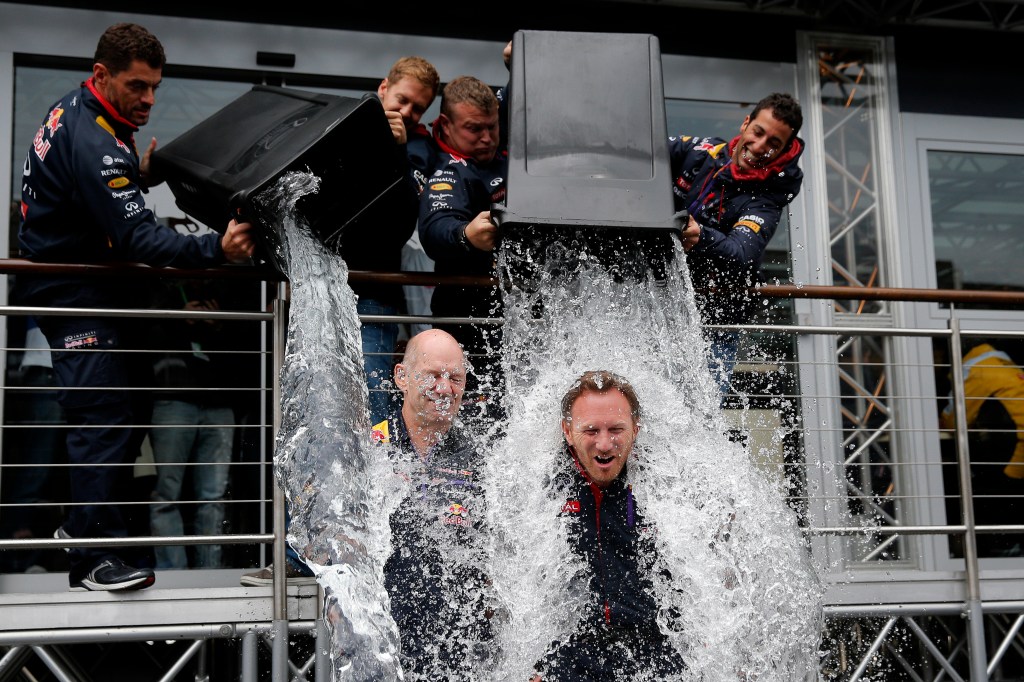
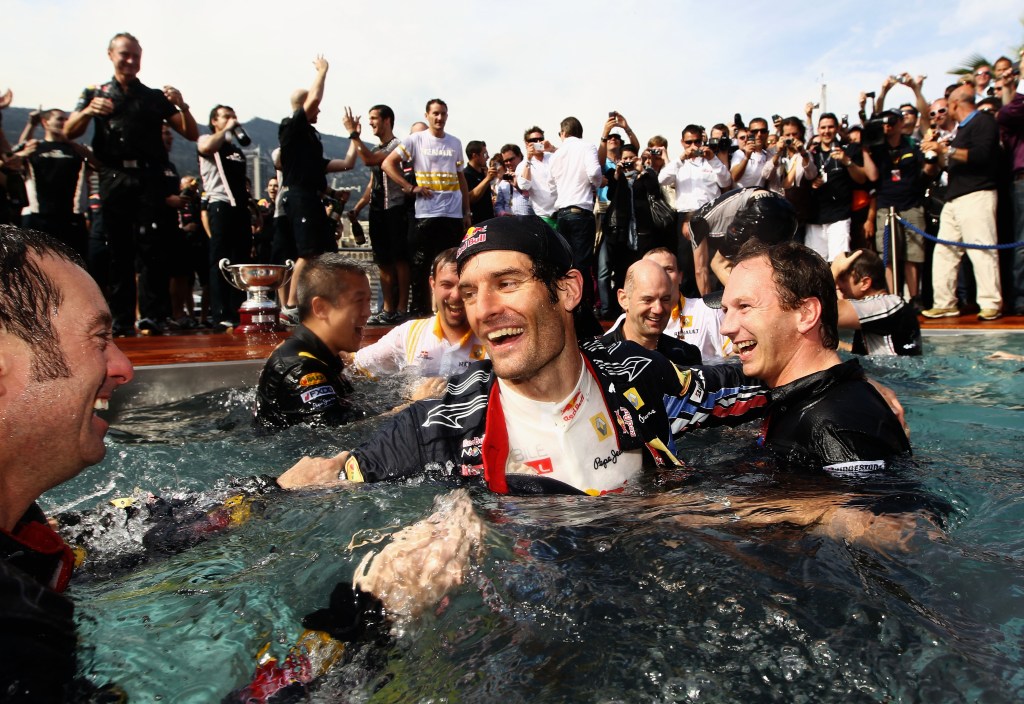
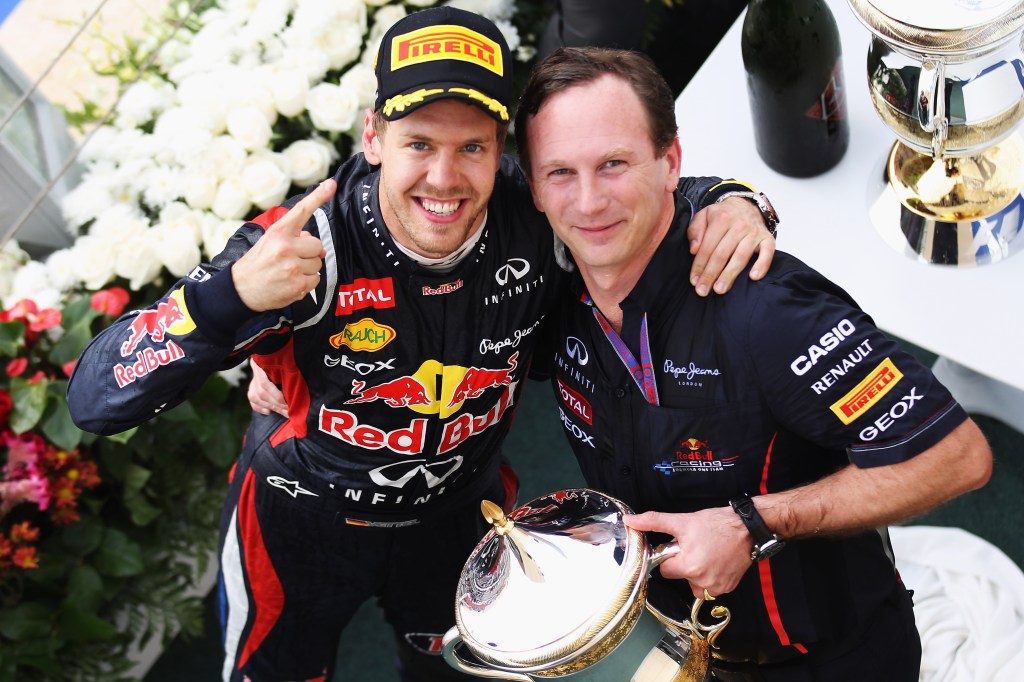

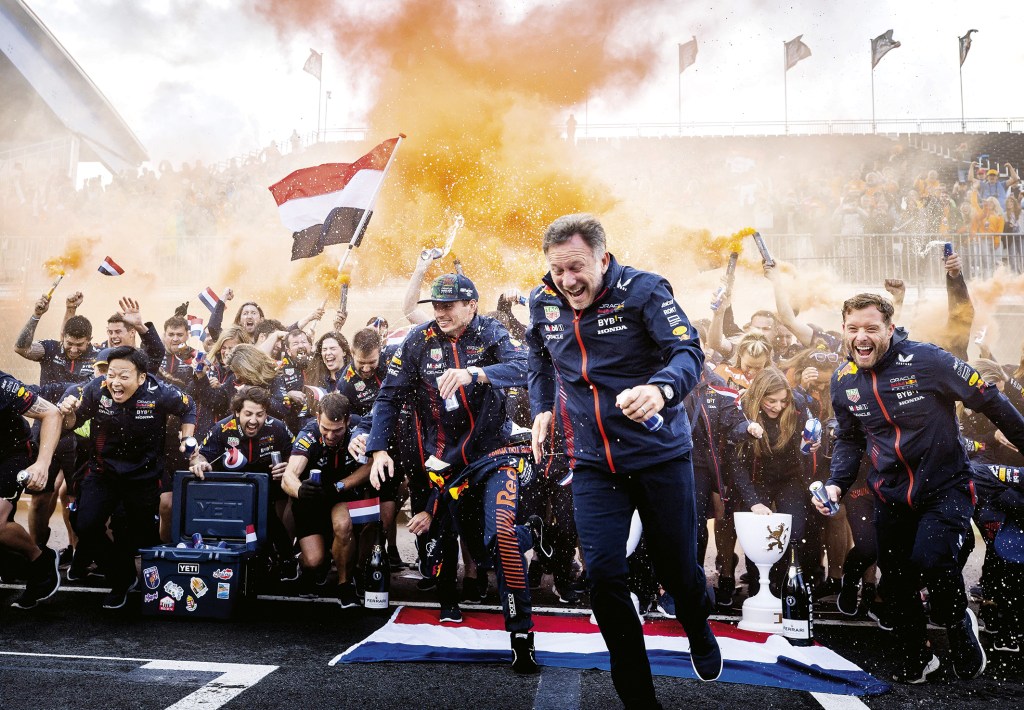
Red Bull Timeline
- 2005 – Appointed Team Principal at age 31 as Red Bull Racing enters Formula 1, replacing the former Jaguar team.
- 2006 – Signs legendary aerodynamicist Adrian Newey, laying the technical foundation for future dominance.
- 2009 – Leads Red Bull to its first-ever F1 victory at the Chinese Grand Prix with Sebastian Vettel; ends the season second in the Constructors’.
- 2010 – Delivers Red Bull’s first double title: Constructors’ Champion and Drivers’ Champion with Sebastian Vettel.
- 2011 – Dominates the season with 12 pole positions for Vettel; claims second consecutive Constructors’ and Drivers’ Championships.
- 2012 – Fights off Ferrari and McLaren to win third straight Constructors’ and Drivers’ titles.
- 2013 – Completes a historic four-year run with a fourth consecutive Constructors’ and Drivers’ Championship; Vettel wins nine races in a row.
- 2014 – The hybrid era begins; Red Bull struggles with Renault power units as Mercedes takes over. No titles.
- 2015–2020 – A winless period in terms of championships, though Red Bull remains competitive and develops young talent, including a young driver by the name of Max Verstappen.
- 2021 – After years of near-misses, Verstappen wins a controversial season finale over Lewis Hamilton in Abu Dhabi to become Drivers’ Champion.
- 2022 – Red Bull returns to dominance with Verstappen winning 15 races; secures both Constructors’ and Drivers’ Championships.
- 2023 – Verstappen wins 19 of 22 races; Red Bull enjoys its most dominant season ever, claiming another Constructors’ and Drivers’ title.
- 2024 – Verstappen wins his third consecutive Drivers’ Championship, though the team begins to show signs of internal tension and fatigue.
- 2025 – Red Bull slumps to fourth in the standings; Horner is sacked after 20 years amid pressure from within.
